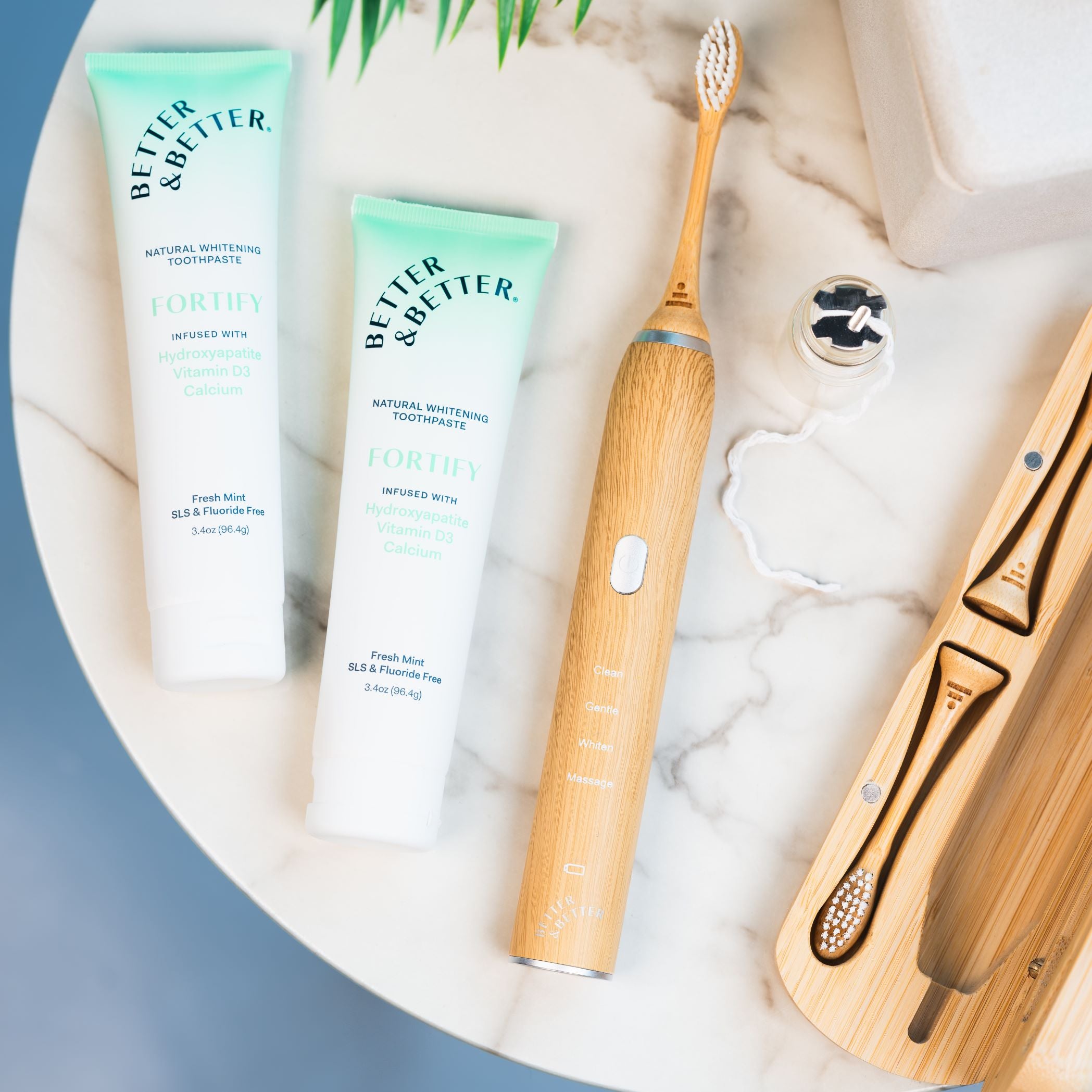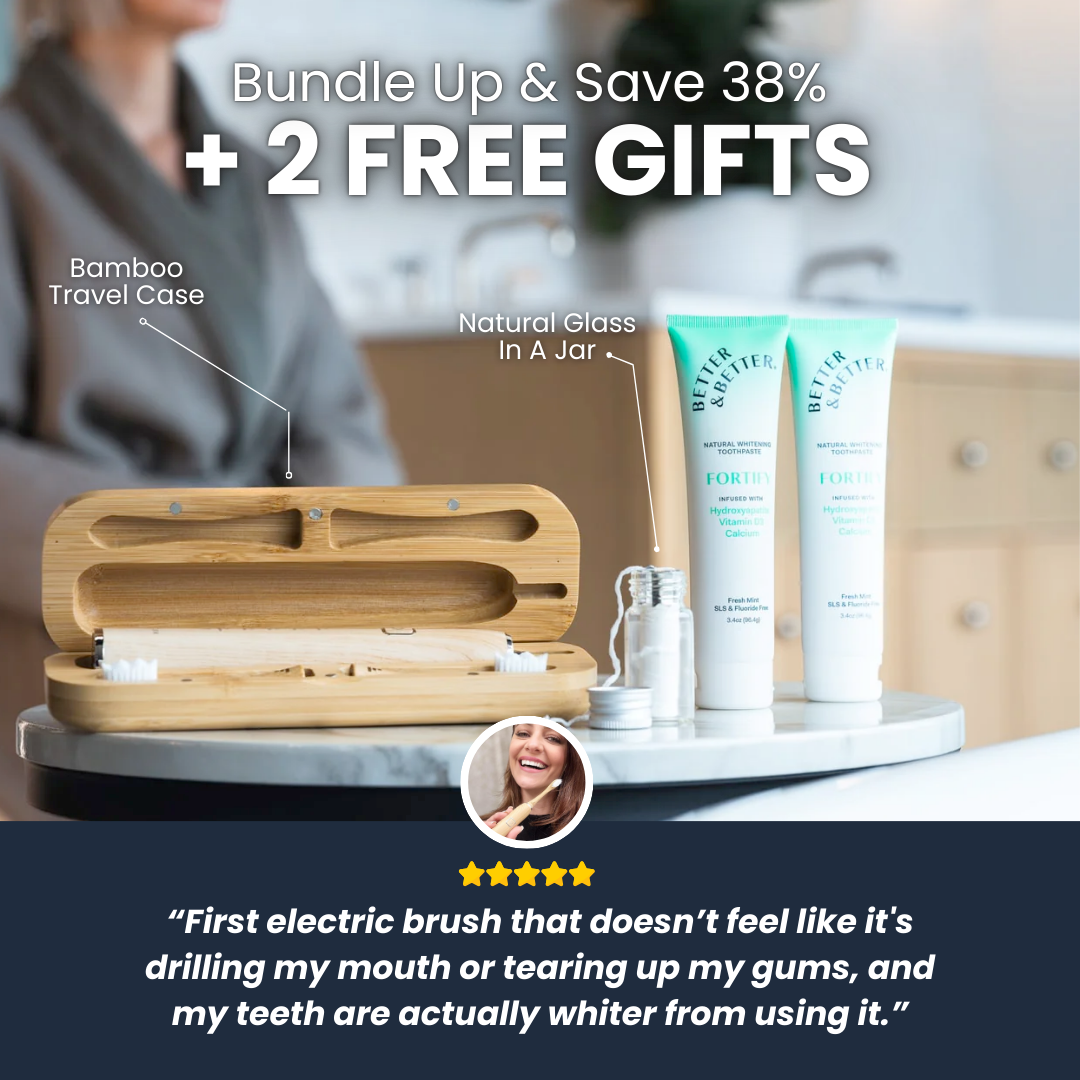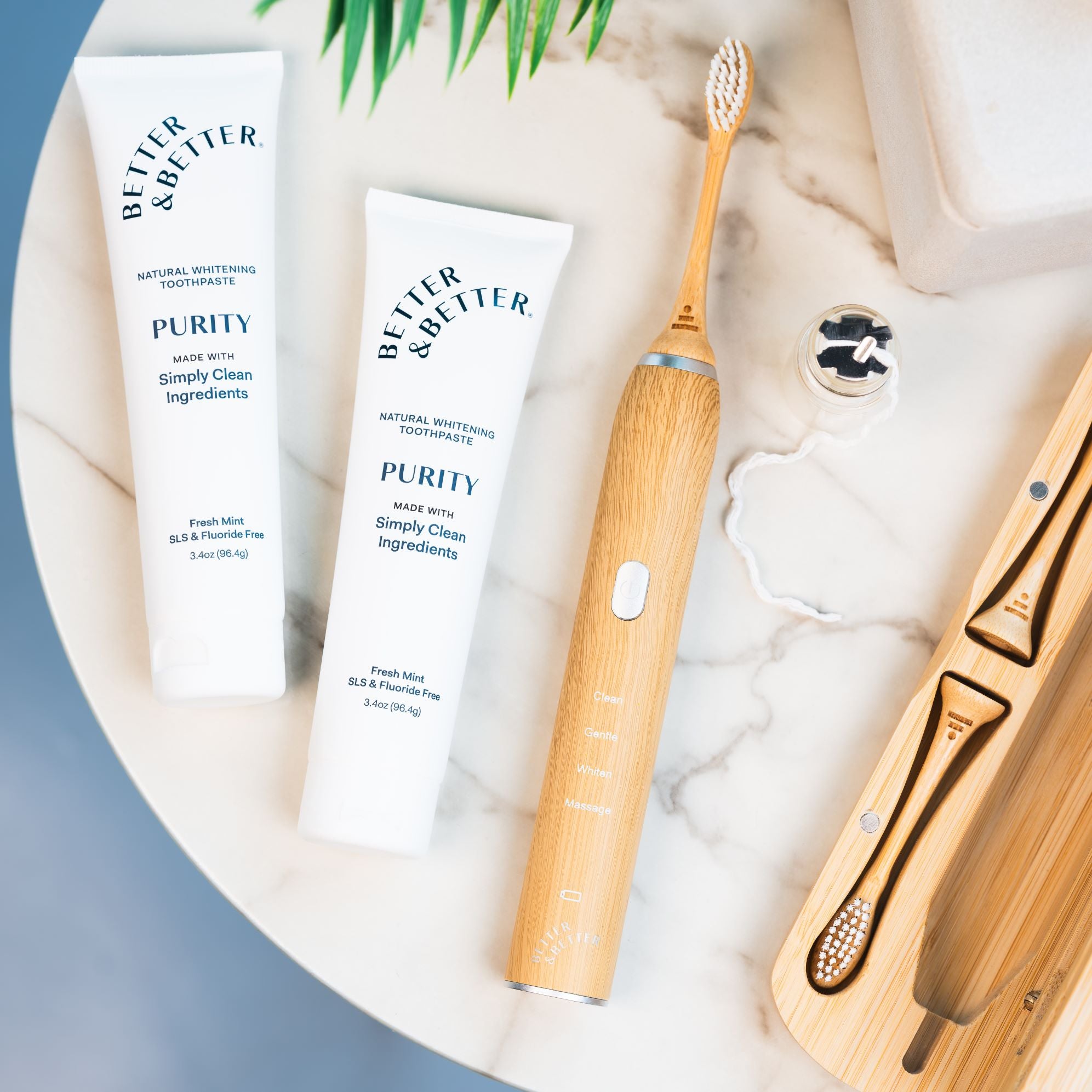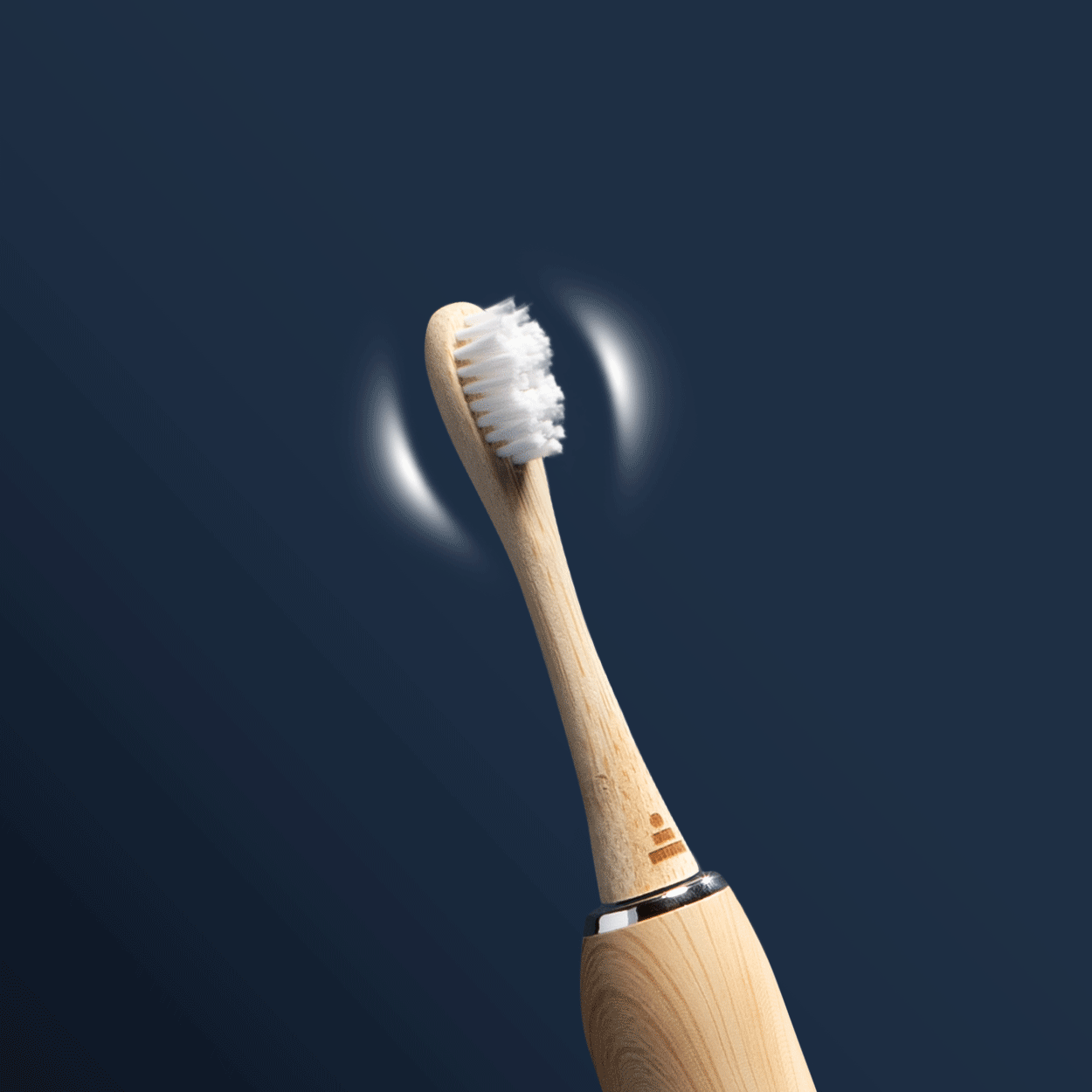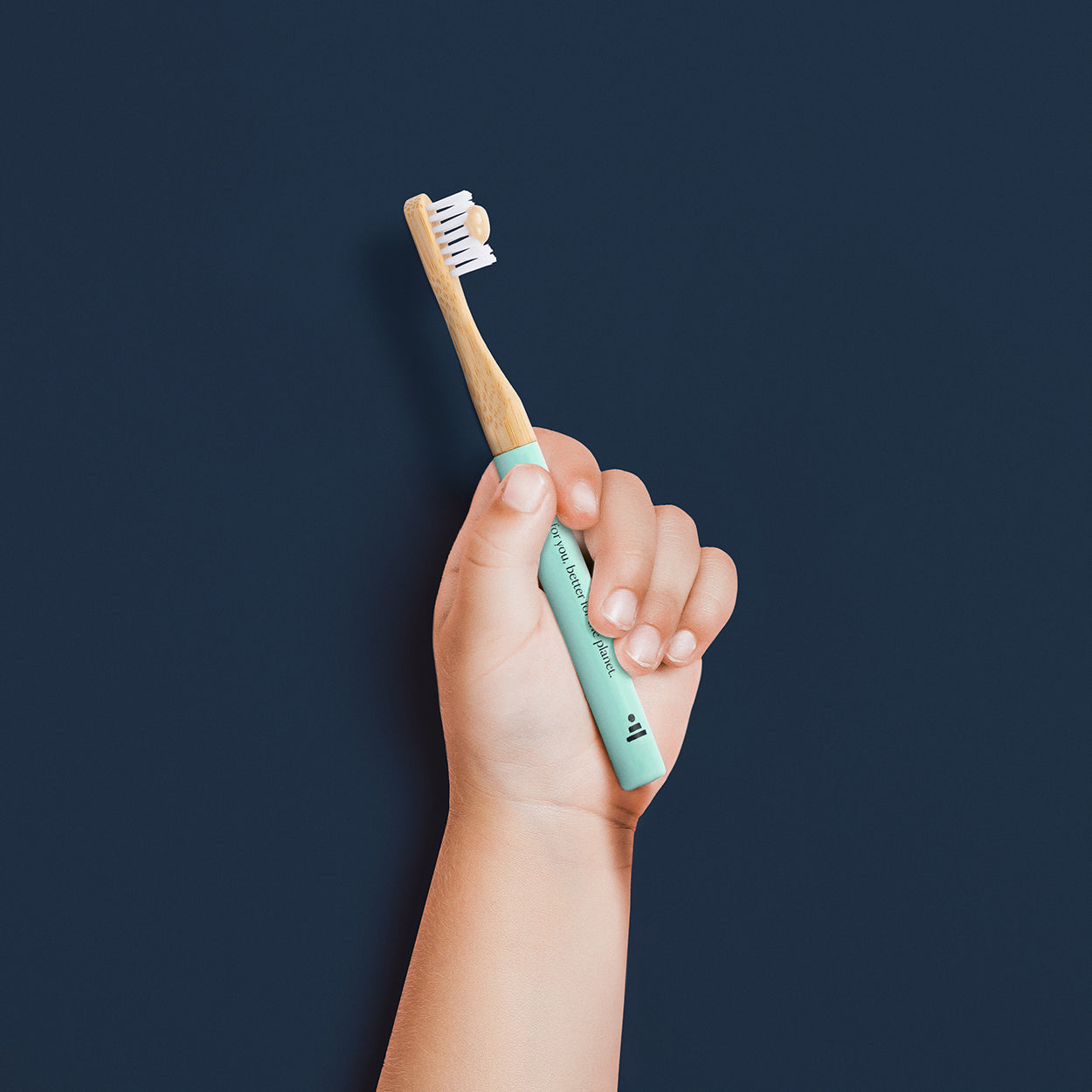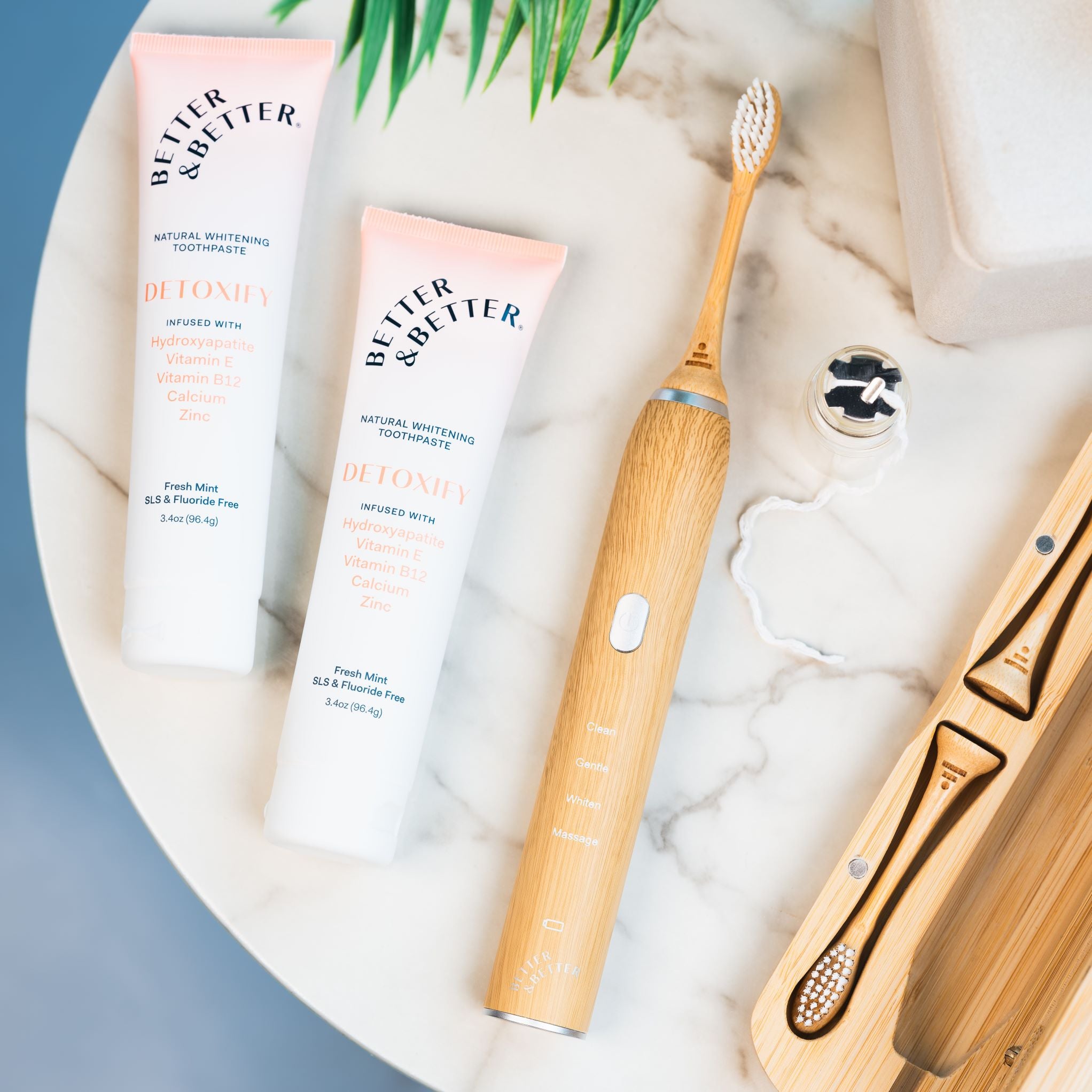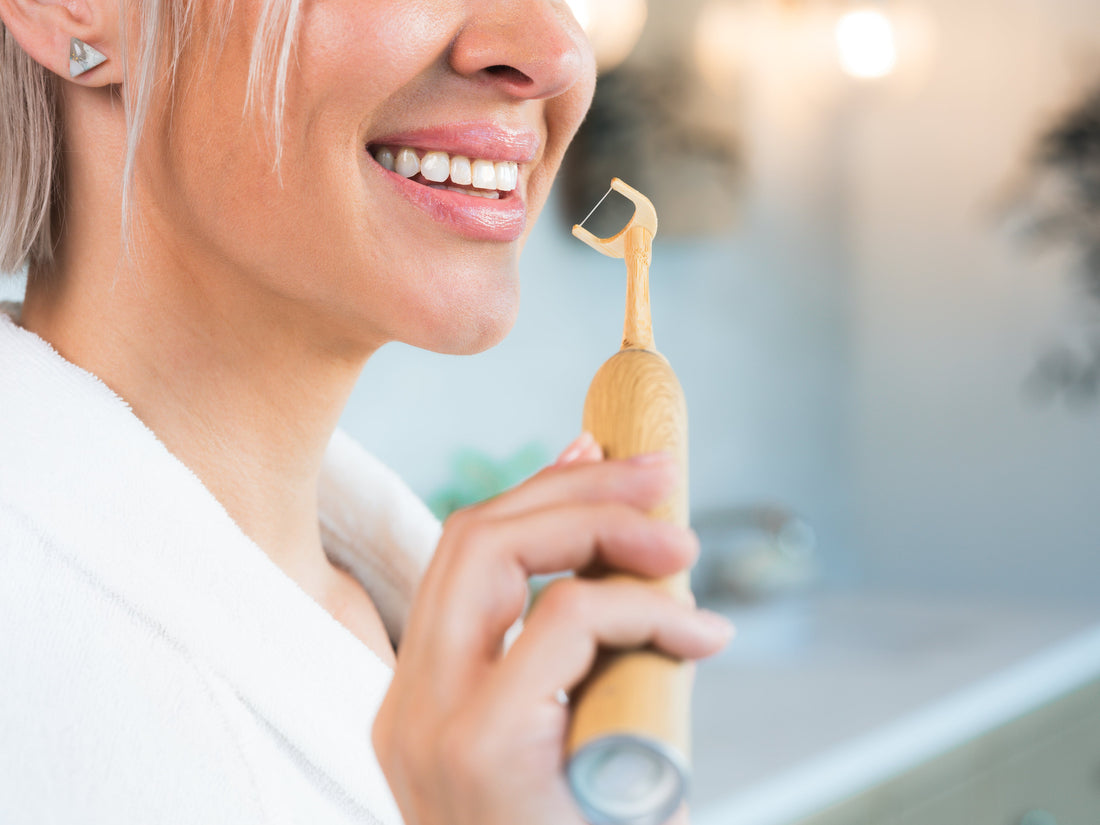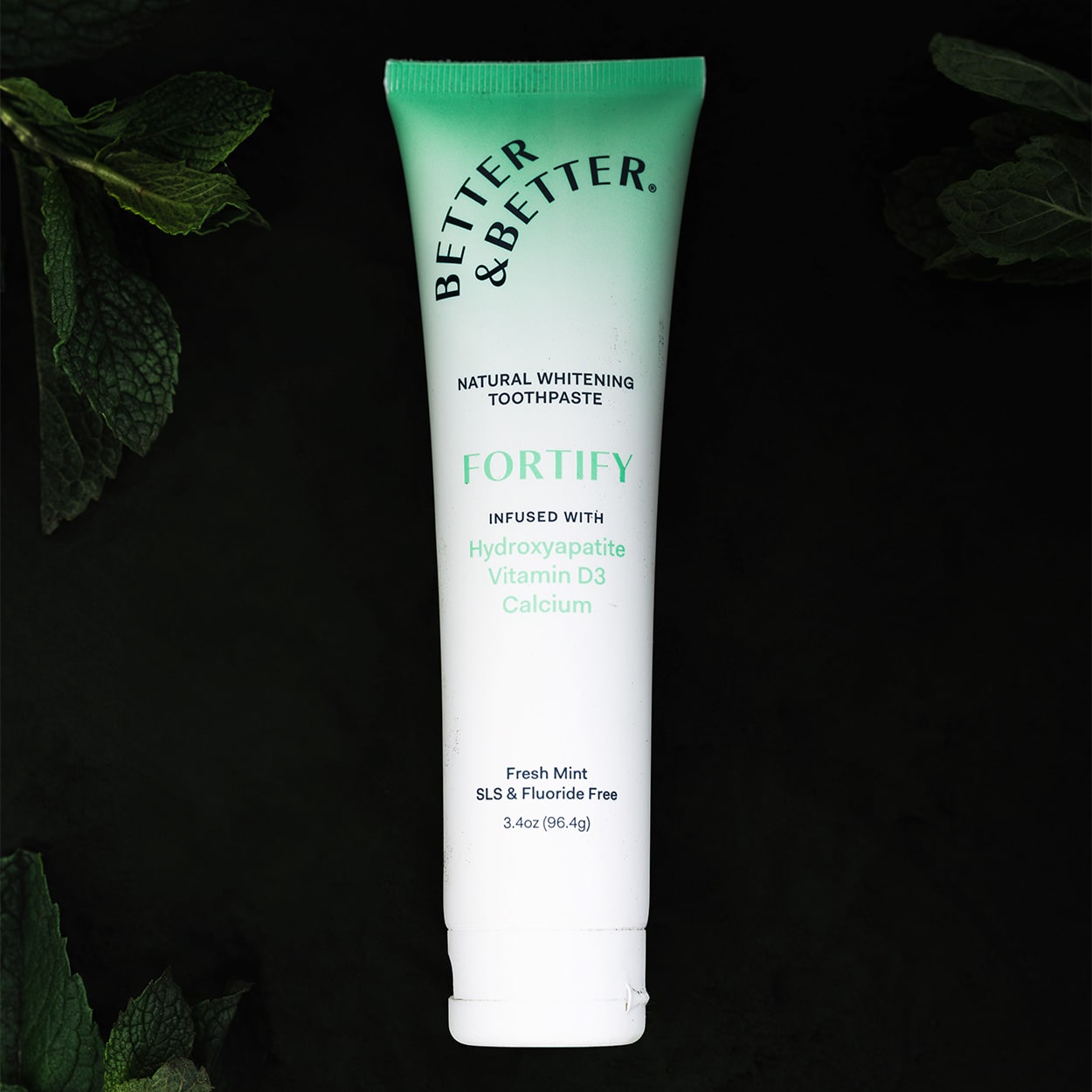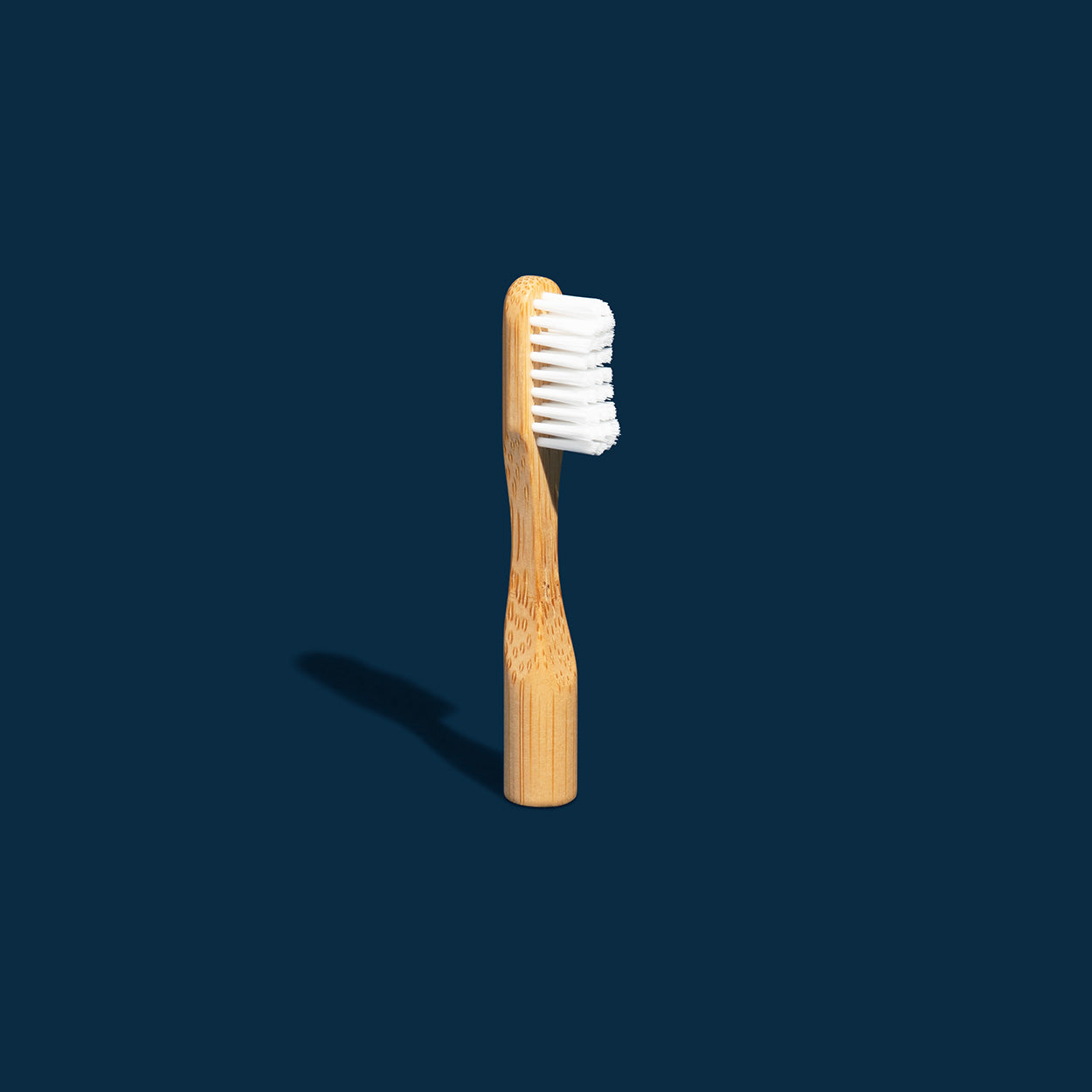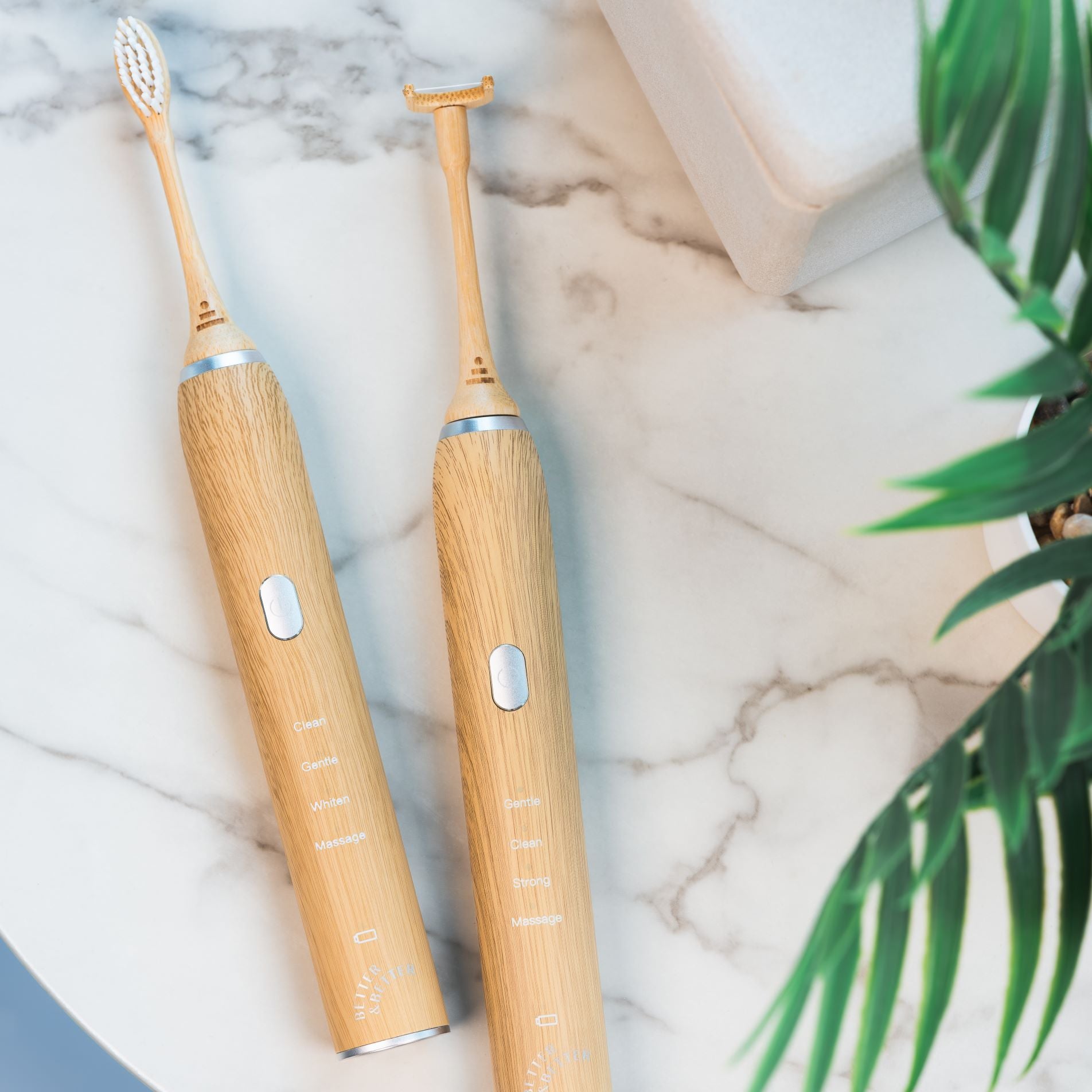Have you ever started brushing your teeth and wondered: What exactly are these things? They’re hard, durable, and pearly white. So, teeth must be bones, right?
The short answer is no, teeth aren’t bones. The main difference is that bones can repair themselves while teeth can’t. That’s because teeth and bones consist of different materials (more on this later).
Understanding the difference between teeth and bones is much more than a fun trivia fact, though. Getting familiar with your anatomy puts you in a position to give each body part the unique care it needs.
Read on to discover how teeth and bones differ and how to keep both in tip-top shape.
Are Teeth Bones?
Nope, your teeth are not considered bones. Teeth consist of four types of tissue: pulp, dentin, enamel, and cementum. Bones are made mostly of collagen, a protein that provides structural support throughout your body.
A common reason for assuming teeth are bones is because both contain calcium phosphate, the mineral that makes them hard. 99% of calcium in the human body is stored in teeth and bones.
Although teeth and bones are both strong, the key difference is that bones can regenerate. If you break a bone, your body automatically rushes to repair the injury. Even if you never break a bone in your life, your body constantly replaces old bone tissue with new tissue to keep your skeletal system strong.
Teeth, on the other hand, don’t repair themselves naturally. If you have a broken tooth, it can’t grow back. The same goes for tooth decay—it won’t reverse on its own. That’s why good oral hygiene habits and routine dental care are so important.
To further understand the differences between teeth and bones, let’s take a closer look at the anatomy of each.
What Are Teeth Made Of?
Teeth consist of these four layers of tissue:
- Pulp: The soft, innermost layer of a tooth that consists of blood vessels, nerves, and connective tissue
- Cementum: A thin, calcified substance below the gum line that covers the roots of your teeth. Cementum keeps the teeth in place in the jawbone
- Dentin: A bone-like material that makes up the bulk of a tooth’s structure. Dentin is sensitive and vulnerable to bacteria.
- Enamel: The thin, translucent shell that forms the outer layer of your teeth. Enamel is the hardest substance in the human body.
What Are Bones Made Of?
Bones are considered living tissue since they’re always regenerating. They consist mainly of collagen, the most abundant protein in humans that provides the bone’s framework. Other types of tissue in bones include periosteum (the outer layer), bone marrow, nerves, cartilage, and blood vessels.
Are Teeth Stronger Than Bones?
Yes, teeth are stronger than bones. In fact, teeth are the toughest part of the human body. That’s because they’re covered with enamel: the hard, mineralized substance that protects the more sensitive parts of your teeth.
Tooth enamel is made up of 96% hydroxyapatite, a naturally-occurring mineral that’s harder than steel, gold, silver, and iron. The only catch is enamel is vulnerable to acid from food and drinks. Once it wears down, it’s extremely hard to remineralize.
Tooth Health vs. Bone Health
As you can see, teeth and bones are quite different. However, there is some overlap when it comes to caring for them.
For example, teeth and bones both benefit from getting plenty of calcium and vitamin D in your diet. Calcium keeps your bones strong and protects your tooth enamel. Mayo Clinic recommends 1,000 mg of calcium every day for adults.
Keep in mind that your body needs vitamin D to absorb that calcium. Harvard Health recommends 15 mcg daily for adults. That’s easier said than done, especially if you follow a vegan diet or don’t live in a sunny climate. That’s why we created a toothpaste packed with 100% of your daily dose of vitamin D (assuming you brush morning and night).
Nutrients are essential for strong, healthy teeth. But don’t forget about dental hygiene habits. Brushing your teeth twice a day and flossing prevents gum disease, tooth decay, cavities, plaque buildup, and other issues that threaten your oral health.
Remember, your teeth don’t have the same regenerative powers as bones. You only get one chance to take care of them, so it’s essential to maintain good oral hygiene.



